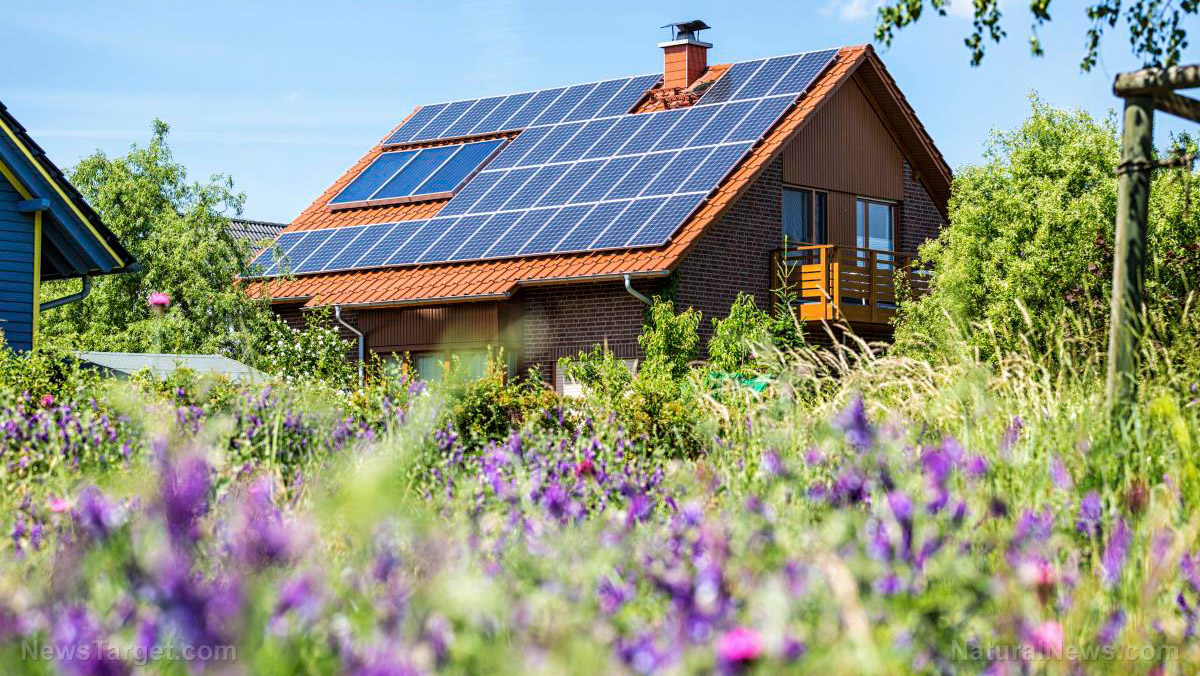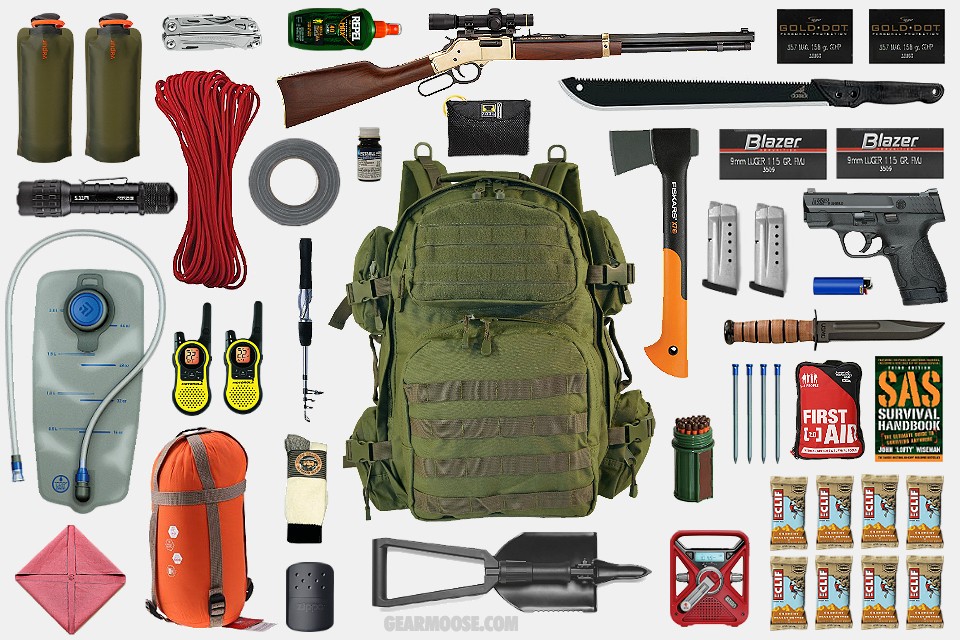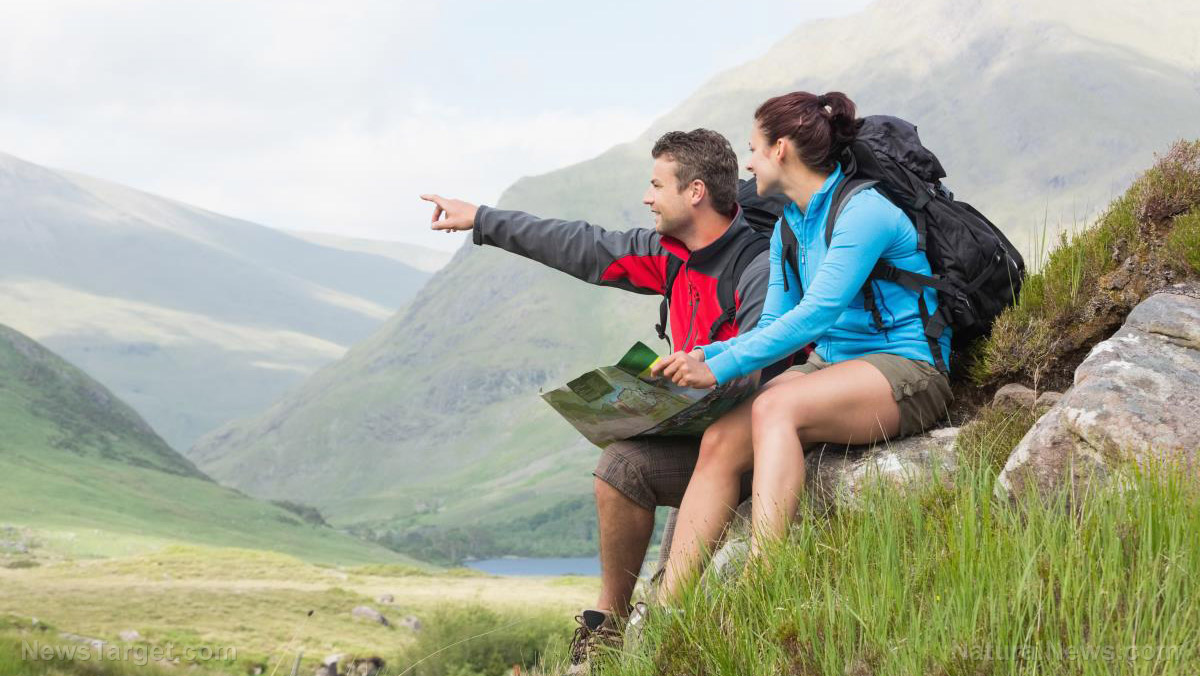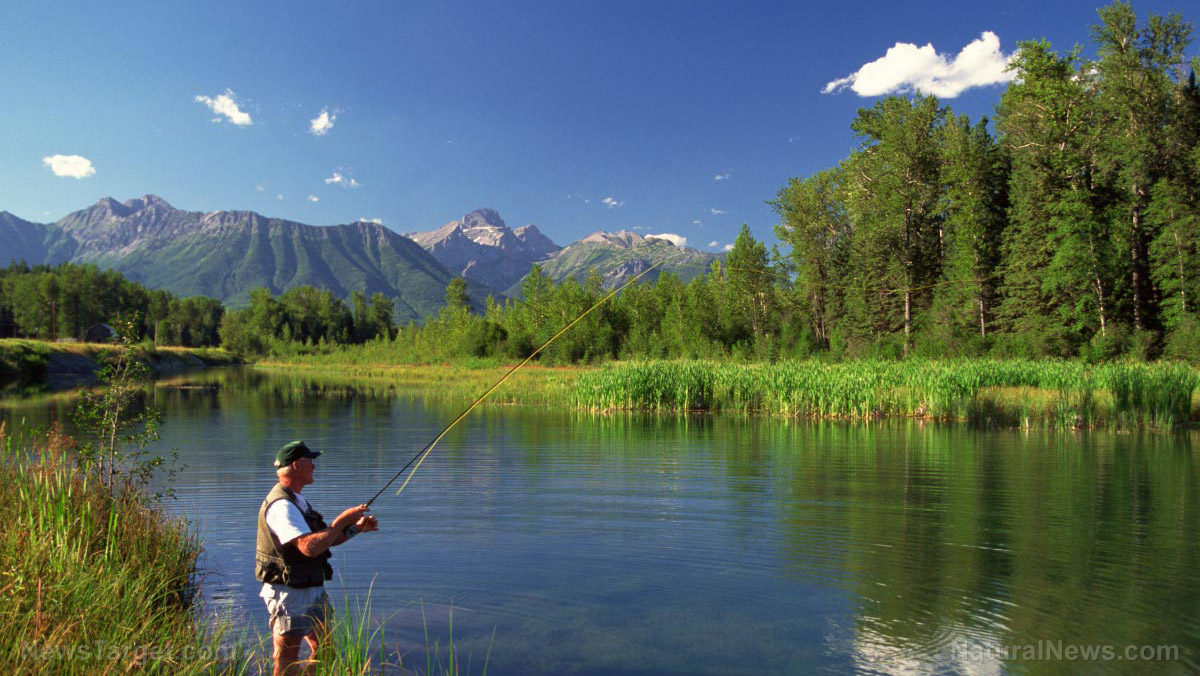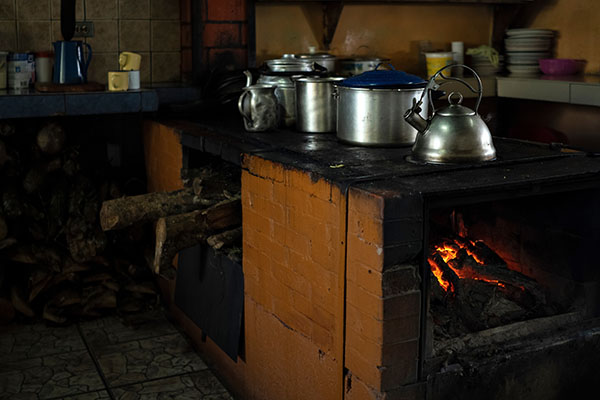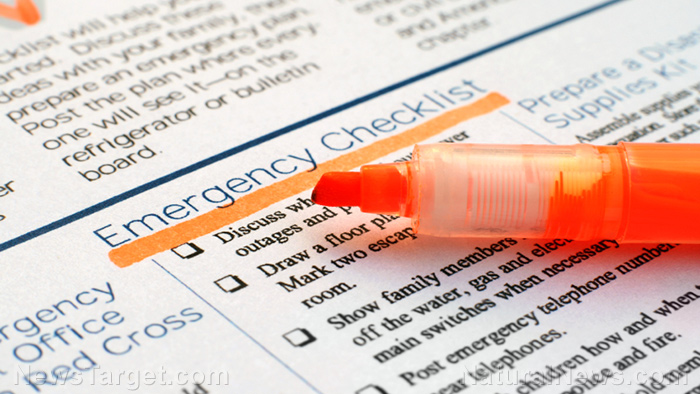5 Things to consider before camping or hiking alone
07/27/2023 / By Zoey Sky
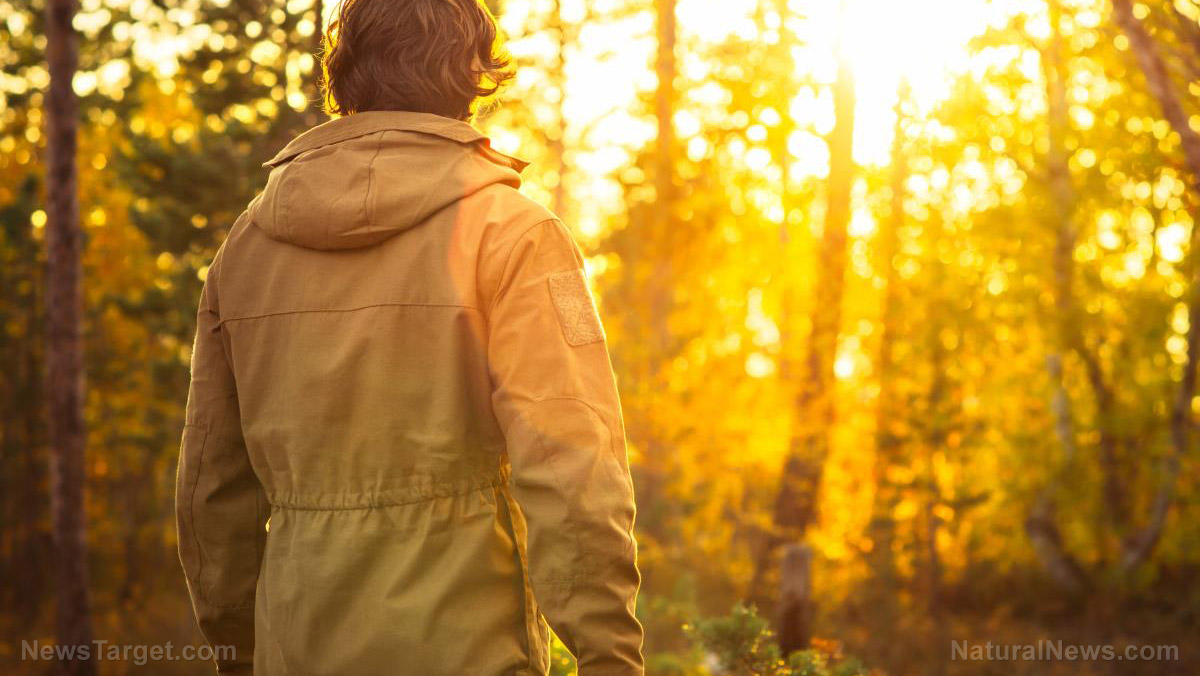
Exploring the outdoors can be fun, especially if you like camping or hiking alone. But if you often explore new areas solo, you can prepare before SHTF by considering important factors like safety and decision-making.
Keep reading to learn more about five important aspects of solo hiking that you should carefully consider. (h/t to Survivopedia.com)
Safety
When exploring the outdoors alone, you should prep ahead so you can keep yourself safe if things go south. Common emergency scenarios you may face include getting lost or getting injured.
If you plan your hiking route ahead of time, you can avoid dangerous wildlife or pests that pose a significant threat.
Self-management is an important aspect of safety, especially regarding fatigue and hypothermia. In a group setting, you may hesitate to voice some concerns or disrupt the flow of the group’s conversation to address personal needs. (Related: Bug out survival planning: How to get out of the city after SHTF.)
But when you’re hiking solo, you can quickly attend to different concerns like thirst, hunger, cold, heat, fatigue, or blisters on your feet.
Certain accidents, like fatal falls, are just as dangerous if you are alone or hiking with a group.
Statistics show that going solo does increase the inherent risks. For example, more than 50 percent of search and rescue operations are conducted for solo hikers, campers, or people who got separated from their group during group trips.
When you’re outdoors alone, safety becomes your main priority.
Protect yourself when hiking solo by starting with an easy trail, especially if you’re new to hiking. Do some research on the trail you chose, and make sure you can navigate it safely.
Lastly, check the weather so you know what to expect on your hike.
Decision making
Exploring solo gives you the freedom to make your own decisions, from choosing your route, when to take breaks and what to eat for lunch.
Gender
In some ways, gender is related to the first item on this list: safety. Men camping or hiking solo rarely face inquiries from others about their safety.
Women on solo camping or hiking expeditions might tend to make cautious decisions and carefully consider various factors, like the location of the hiking trip.
Despite the evident gender “gap” when it comes to preparedness, survival and venturing into the wilderness solo, it all boils down to your skills and abilities.
When planning a solo camping or hiking trip, always consider all factors that may present challenges. For example, self-defense is crucial for all hikers, regardless of gender.
Loneliness
Depending on your preferences, hiking solo might be something enjoyable, or it can make you feel lonely.
While walking or foraging, try to appreciate the tranquility and silence that accompanies traveling solo. Use this time to sort through your thoughts and meditate as you escape the hustle and bustle of daily life.
If you are going on your first hike, you may struggle with feelings of loneliness, but relish the scenery and make the most of your time in nature.
Gear
When you’re hiking with others, the weight can be shared by dividing your supplies and gear.
But when you’re alone, gear can feel heavier. After all, you’re the only one responsible for carrying the load.
If you are struggling with the weight of your hiking gear, reevaluate your supplies. Keep your bag light by only bringing the bare essentials.
If you’re not sure what to bring, here are 10 essentials for hiking:
- Drinking water
- Food/snacks
- Weather appropriate clothing
- Emergency blanket or shelter
- Map and navigation
- Sun protection
- First aid
- Fire starters
- Headlamp
- Knife or multitool
If you have space in your bag, bring a solar charger so you can charge your phone, which you might be using as your GPS through an app.
Be careful while hiking because you don’t have a backup if something breaks or gets lost.
If you are prone to accidents like slipping or tripping on the trail, bring multi-purpose gear and focus on the essentials. If you only bring items that you know how to use, you will be fine if something goes wrong and you have to find resources.
To distribute the weight of your hiking gear, carry some items in your pockets and others in your backpack.
Hone your prepping skills and make sure that if you accidentally lose your backpack, you can still find your way back to the campsite and that you can survive alone in the wilderness when SHTF.
Benefits of hiking solo
Hiking alone may seem scary to a beginner, but there are many benefits of hiking solo.
You don’t have to wait for someone else, which can be important if you’re the sort of person who gets impatient when your companion walks too slowly.
You can hike at your own pace, which can be a benefit if you tend to walk slower as you enjoy the view on a hike.
It builds character, especially if you want to become more independent. You have to set up your campsite alone, and you have to prepare and cook your food without help from anyone else.
Sometimes a simple hike can help completely refresh your headspace. Getting away from your busy life and various distractions and doing something simple like walking for hours can be almost meditative.
Going on a solo hike can also teach you new skills, or help you practice old prepping skills. When you’re hiking, you can hone practical skills like navigation, foraging, or firestarting.
Going on solo adventures can test your limits and develop your survival skills.
Traveling solo increases the potential for danger, but it can also heighten the sense of accomplishment and self-discovery. Before you head to your campsite, prepare ahead to avoid any dangers on the hiking trail.
Watch the video below for some hiking survival tips.
This video is from the Reverend Christine channel on Brighteon.com.
More related stories:
Survival essentials: 5 Bushcraft skills for preppers.
Twelve things you can do right now to be more resilient against collapse, famine and nuclear war.
Survival basics: 7 Essential skills for modern preppers.
Sources include:
Submit a correction >>
Tagged Under:
bug out, Gear, hiking, how-to, off grid, preparedness, prepper, prepping, prepping tips, solo hiking, survival, survival gear, Survival Tips
This article may contain statements that reflect the opinion of the author
RECENT NEWS & ARTICLES
COPYRIGHT © 2018 SURVIVALGEAR.NEWS
All content posted on this site is protected under Free Speech. SurvivalGear.news is not responsible for content written by contributing authors. The information on this site is provided for educational and entertainment purposes only. It is not intended as a substitute for professional advice of any kind. SurvivalGear.news assumes no responsibility for the use or misuse of this material. All trademarks, registered trademarks and service marks mentioned on this site are the property of their respective owners.





